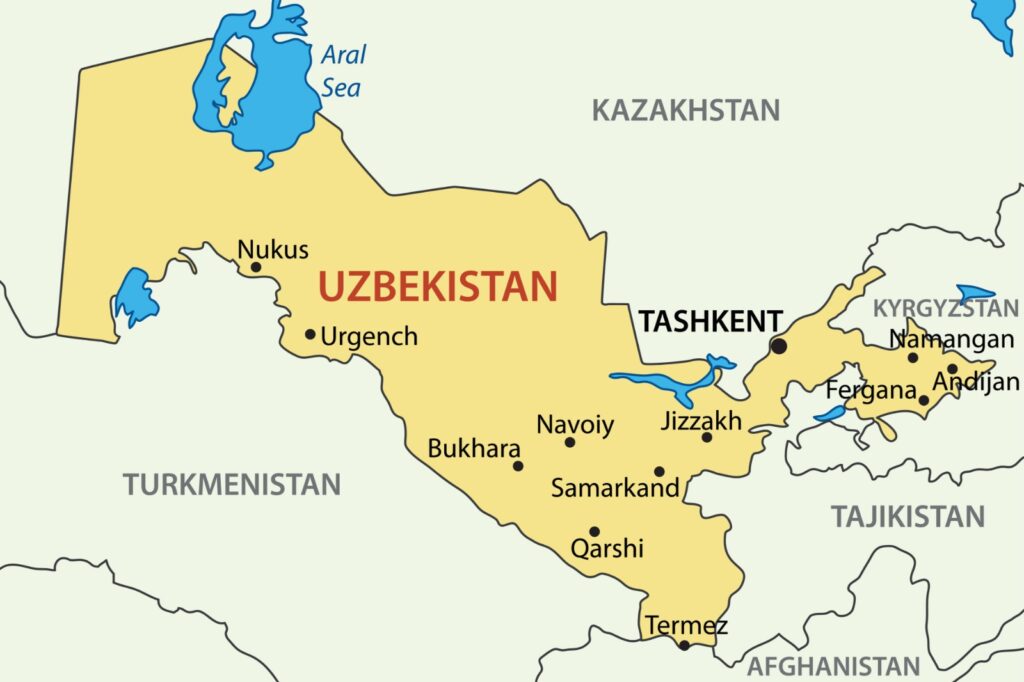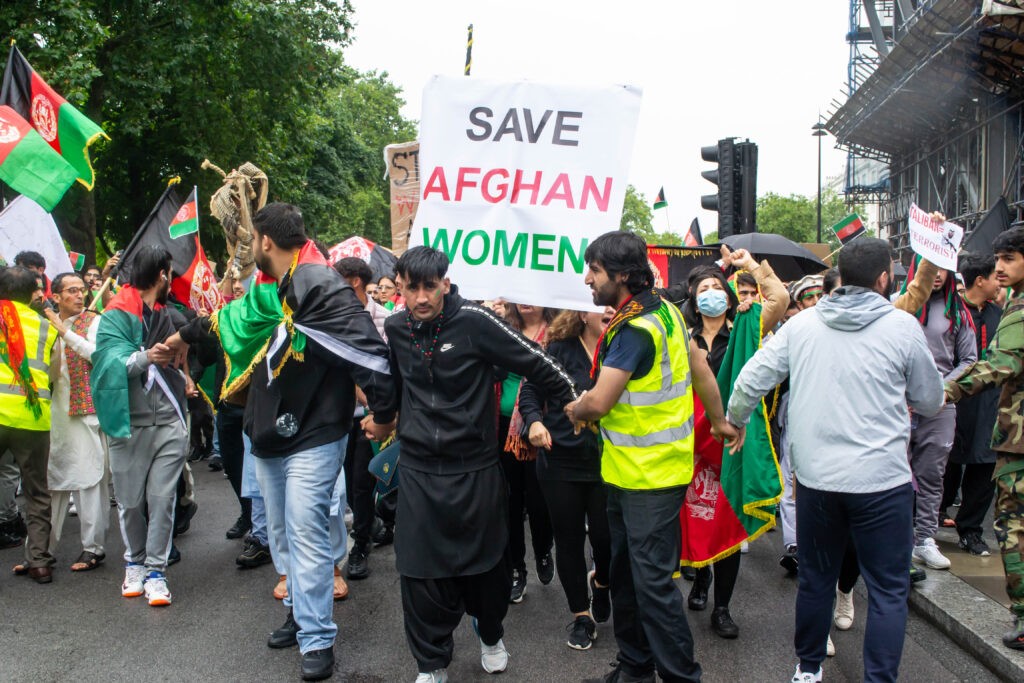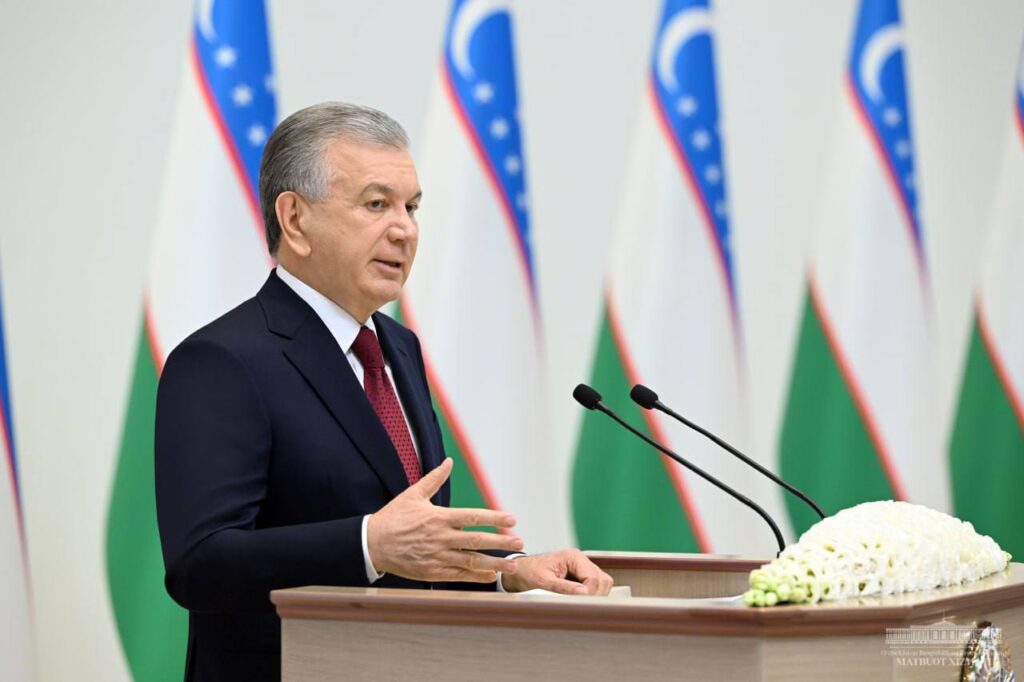Afghanistan earned its reputation as the “graveyard of empires” due to the significant toll exacted on foreign powers in their efforts to achieve military success in the country. This challenge was evident in the experiences of the British Empire, the Soviet Union, and, most recently, the United States. The persistent and decentralized nature of the country's tribal insurgency made achieving a definitive victory a formidable task. Furthermore, the adherence of groups harbored by the Taliban, such as Al Qaeda, to an extremist religious ideology spread terrorism globally, including in the 9/11 attacks as well as other deadly acts of violence in various parts of the world. While the United States arguably played a constructive role in modernizing Afghanistan, the establishment of democracy and Western values in the country proved to be an insurmountable challenge, even with over $100 billion in foreign aid. With heightened tensions between the Islamic and Western populations reignited in the Levant after the deadly Hamas attack on Israel on 7 October 2023, the threat of Afghanistan-based extremists redirecting their focus towards the West has intensified. Often overlooked is the fact that Salafists jihadists and other radical groups also pose a challenge to the emerging democracies in Central Asia as these Muslim-majority secular republics are seen as areas to spread their undemocratic and potentially violent influence. In this context, policies that may even inadvertently help promote illiberal religious movements threaten the region’s secular identity and the security of its peoples. We should assess Central Asia’s unique position on religious freedoms but also on jihadist threats For the large part, Western countries come from a privileged position of being able to resist the widespread influence from Islamic extremist movements at home thanks mainly to generations of democratic institution building as well as decent geographic distance to areas that would fall under pan-jihadist aspirations. Consider that there is no apparent threat of jihadists entirely displacing Western democratic institutions or imposing a pan-Islamist state encompassing parts of Western nations; most Western lands do not fall on areas some of these groups want to conquer to create an Islamic Caliphate. On the other hand, many other places, including Central Asia, still risk misconstruing the line between defending individual freedoms and combatting religious extremism. Here, the coexistence of extremist Islamic ideologies and democracy remains somewhat precarious. Islamic radicalism continues to pose a serious challenge to the emerging democracies of the region, where the secular republics are trying to keep a lid on certain hostile ideologies. Militant groups spilling over from Afghanistan and infiltrating post-Soviet countries want to spread jihad to the region and create an Islamic Khaganate stretching from Egypt to China. Pan-Islamist Salafists, such as Islamic State-Khorasan Province (ISKP) and Al Qaeda, have a clear goal to overthrow Central Asia’s secular regimes. Moreover, the determination of Salafists jihadists and other groups to spread their illiberal and violent struggle to Central Asia (including from neighboring Afghanistan) has become apparent through their growing presence in the region’s schools and other spheres of public...






